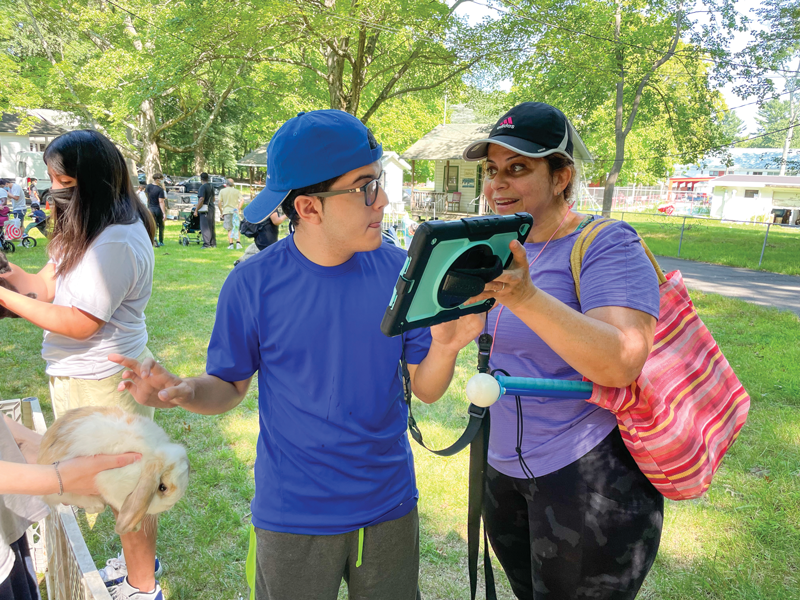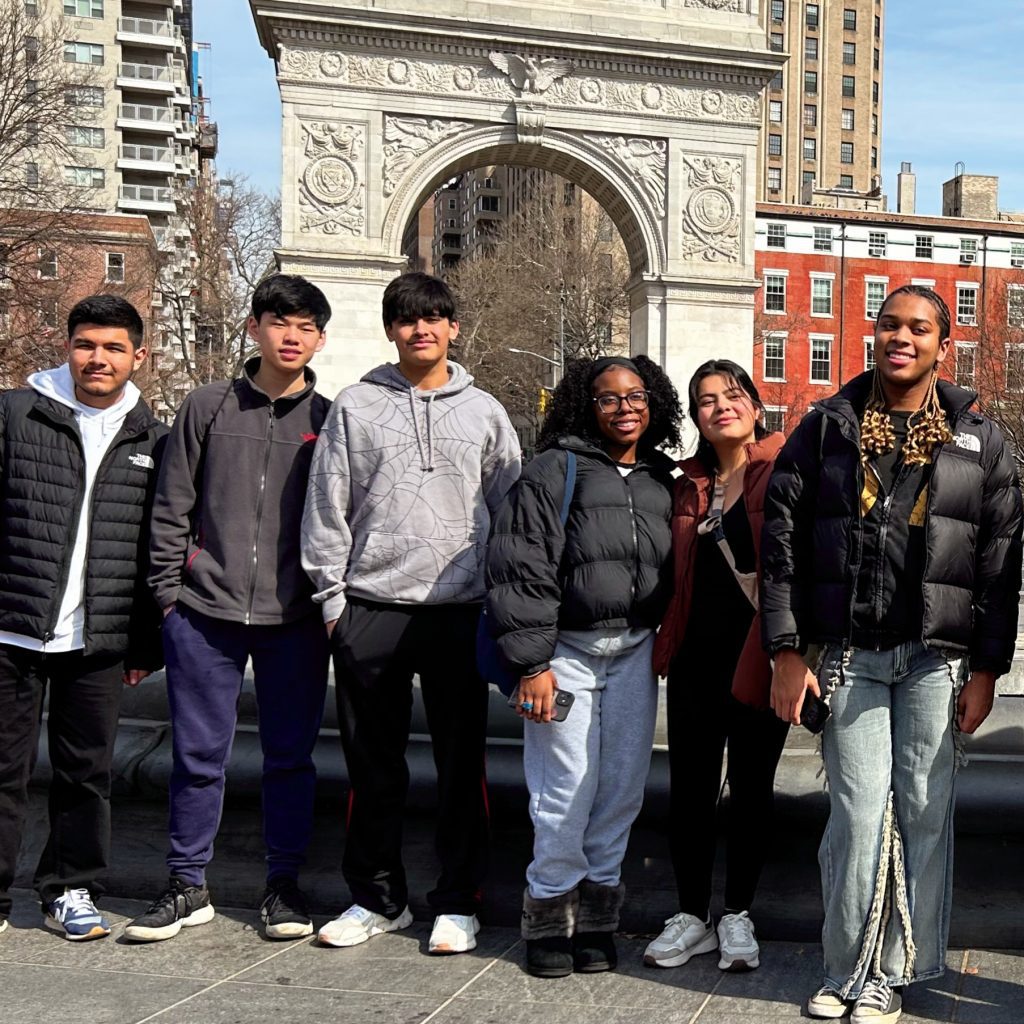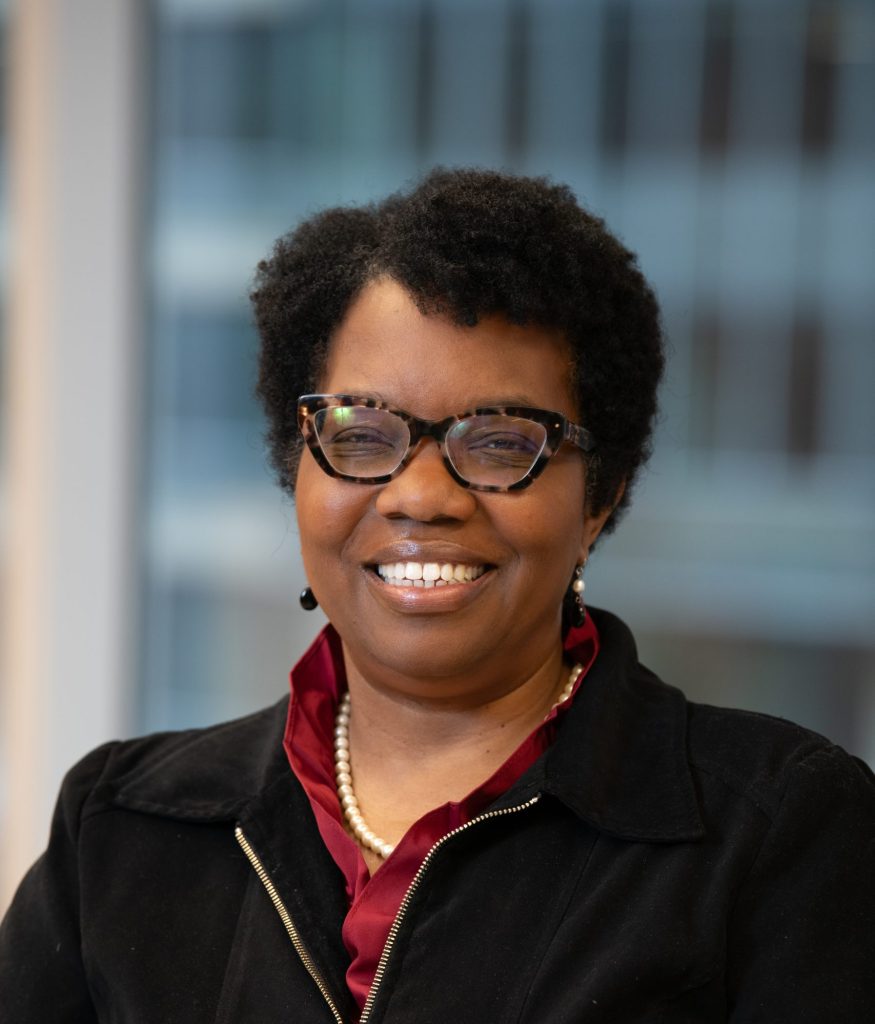Children with disabilities often face social exclusion and other educational barriers starting at a very young age. In addition, the city’s education and social-service systems are complicated and can be difficult for families of children with disabilities to navigate. The Trust has recently made grants for systemic improvements and advocacy in a range of areas to ensure young New Yorkers with disabilities can receive appropriate services and thrive.
INTEGRATING CLASSROOMS
American schools have a long history of segregating students with physical and behavioral disabilities in separate classrooms or schools. New York City has often followed this approach and maintains a separate district for children with significant disabilities. However, research has shown that integrating students in general education classrooms benefits all students, both academically and socially. While the city has made progress over the past decade toward that, with two-thirds of students with disabilities now spending most of their day in integrated classrooms, segregation continues—especially for the 13,000 students classified as having an emotional disability. The classification is not clinical, but rather a catch-all designation for students with emotional and behavioral differences. Low-income students of color are disproportionately classified in this category.
The Trust gave $510,000 to the Fund for Public Schools to test an inclusive teaching model that integrates students with emotional disabilities into classrooms with their peers, while providing therapy to students and coaching to teaching staff. The Fund will run the first test in a predominantly Latinx school in the Claremont section of the Bronx, then improve and expand the teaching model in other schools and districts throughout the city.
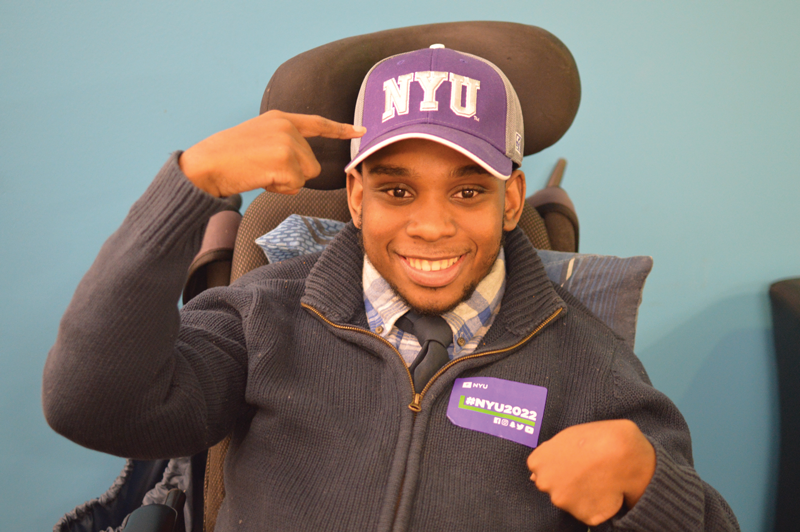
MAKING SCHOOLS ACCESSIBLE
A 2018 report issued by Trust grantee Advocates for Children of New York revealed that less than one in five of New York City public schools is fully accessible for people with physical mobility differences. In response, the city agreed to implement the nonprofit’s recommendations to make a capital investment over five years so that one out of every three public schools in each district is truly accessible, and to give preferred admission to accessible schools to middle- and high-school students with disabilities. With a renewal grant of $70,000, Advocates will ensure that the Department of Education fully implements the plans by monitoring the capital spending, making building accessibility information available to parents, and providing guidance to school staff about welcoming students with disabilities.
MODERNIZING REPRODUCTIVE EDUCATION
People with disabilities are three times more likely than their peers to be sexually assaulted. Proactive and positive sex education and counseling can prevent abuse and help people with disabilities form healthy sexual relationships. However, most curricula uses an outdated, abstinence-only approach and sex educators seldom have the training or tools to meet disabled students’ needs. A Trust grant of $180,000 to Planned Parenthood of Greater New York will provide high-quality, accessible sexual and reproductive health education to middle schoolers with disabilities in integrated co-teaching classrooms and offer complementary workshops to support their caregivers. The program also will introduce updated disability-sensitive curricula that moves away from the abstinence-only approach.
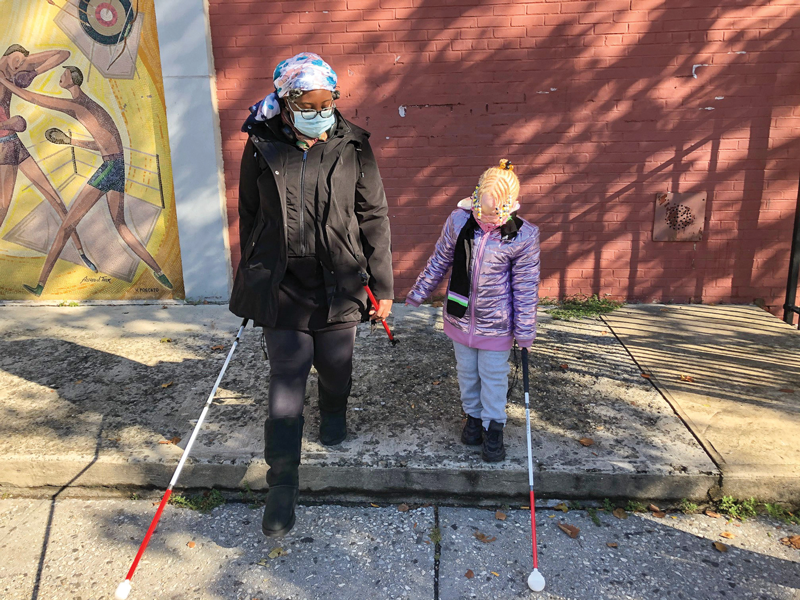
The Trust also made the following grants:
- $445,000 to New 42 to improve arts education for public school students with disabilities. The nonprofit will train teaching artists to work with students with disabilities in integrated classrooms, host teaching workshops with the Department of Education for educators and cultural groups, and improve course materials.
- $200,000 to VISIONS/Services for the Blind and Visually Impaired to support the parents and caregivers of blind children by providing skills-training for living independently and connecting caregivers with social workers who can help them access public benefits and services.
- $125,000 to INCLUDEnyc to teach young people with disabilities and their caregivers how to advocate for themselves and their communities. The nonprofit will provide training in Mandarin, Spanish, and English and promote available services to parents and groups that serve children in foster care and other non-parent care settings.
